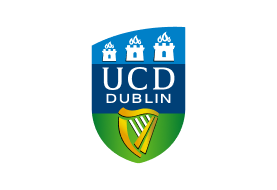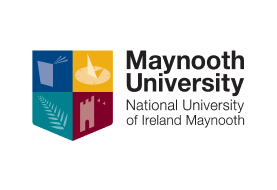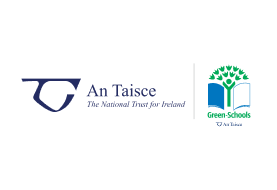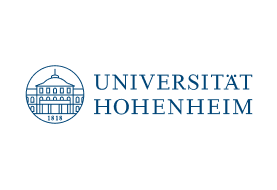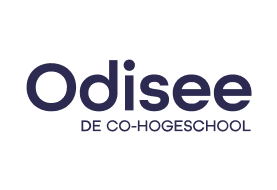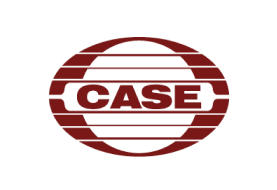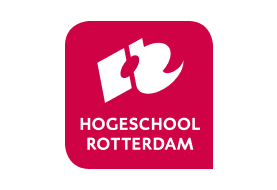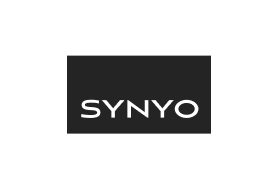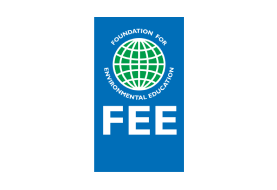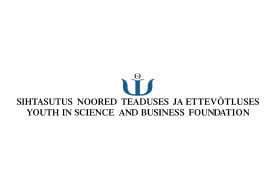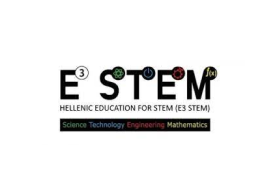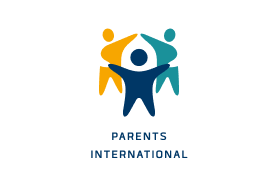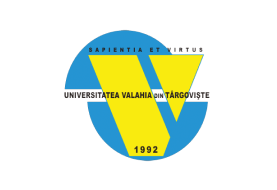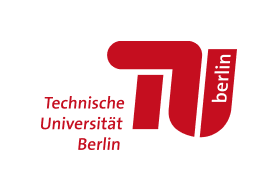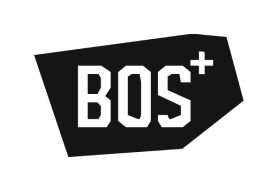Our Consortium
University College Dublin, National University of Ireland, Dublin
University College Dublin is Ireland’s largest university. It has co-ordinated many international projects such as H2020 AgroCycle addressing the circular economy. It leads BiOrbic bioeconomy Research Centre, Ireland’s national bioeconomy centre. It jointly provides a MSc in Bioeconomy with Business.
National University of Ireland Maynooth
Maynooth University focuses on humanities, social sciences and natural sciences, and research into teaching and education methods. It is dedicated to people, ideas and culture, working together as a scholarly community to inquire and discover, to teach and learn, to create, conserve, disseminate and apply knowledge, and to engage with the problems and challenges that face modern society.
An Taisce – The National Trust for Ireland (Green-Schools)
An Taisce (National Trust for Ireland) is an independent charitable body and works to preserve and protect Ireland’s natural and built heritage. Their Environmental Education Unit has built several award-winning environmental programmes such as Green-Schools which is Ireland’s leading environmental management and education programme for schools. It promotes long-term, whole-school action for the environment.
Universität Hohenheim
University of Hohenheim brings together three relevant faculties covering agriculture, natural science and business economics and social sciences. UHOH has a special profile in bioeconomy research and education, is involved in several bioeconomy related education programmes and is deeply connected with the bioeconomy community of Baden-Württemberg. It is also a co-sponsor of an innovative academic enrichment programme “Kids’ University”.
Odisee
Odisee University of Applied Sciences has developed a programme for empowering education in a European context. Their international module aims to create a European learning community of teachers with a focus on teaching in Europe, professional teamwork, education for citizenship and intercultural communication in education.
CASE – Center for Social and Economic Research
CASE is an independent, non-profit research institute founded on the idea that research-based policy-making is vital for the economic welfare of societies. Established in Warsaw in 1991, CASE today is recognized as the top think tank in Central and Eastern Europe and is one of the most highly regarded think tanks internationally. CASE carries out policy-oriented research and development assistance projects, specializing in the areas of: 1) Fiscal, monetary and financial policies 2) Sustainable development policies 3) Trade, innovation and productivity policies. Drawing on an experienced in-house staff, a network of fellows, and a database of approximately 1,000 experts, CASE provides rigorous quantitative and qualitative analyses, innovative methodologies, and sound recommendations.
Stichting Hogeschool Rotterdam
Rotterdam University of Applied Sciences School of Education trains teachers at different levels. Special minor programme on ‘Sustainability and Big History’ and a course: ‘Circular Economy’ in Teacher Training Economy. With about 40,000 students and 4,000 employees, the theme Circular Economy is a priority for the educational institution itself. RUAS aims to reduce its own footprint as much as possible. There is a common approach: Samen Duurzaam on circular economy, climate change resilience.
SYNYO GmbH
SYNYO explores and develops novel methods, technologies and solutions in various domains tackling societal, political, ecological and economic challenges. Analyse the impact of emerging technologies from different angles and interdisciplinary perspectives. Technical expertise that is applied to tackle contemporary challenges in various disciplines such as big/open data research, digital futures, e-health, citizen inclusion, and smart technologies. Strong on dissemination and communication.
Foundation for Environmental Education
Foundation for Environmental Education (FEE) is one of the world’s largest Education for Sustainable Development (ESD) organisations, with over 100 member organisations in 80 countries. With a network of over 60,000 educational institutions, the Eco-Schools, Learning About Forests and Young Reporters for the Environment programmes empower young people to create an environmentally conscious world through experiential, project-based learning. The Green Key and Blue Flag programmes are globally recognized for promoting sustainable business practices and the protection of natural resources.
Sihtasutus Noored Teaduses Ja Ettevotluses
Youth in Science and Business Foundation is a non-profit organization aimed at supporting entrepreneurship, innovative ideas and creativity with 20 years of experience in projects related to young people, science, technology and dissemination of novel ideas. They engage with various groups in society – including young people from disadvantaged backgrounds, providing equal opportunities and fostering intercultural dialogue helps to overcome differences in Europe and within societies.
Hellenic Education Society of STEM
E3STEM focuses on coordination of STEM activities in schools. E3STEM is well connected to a range of educational policymakers and providers in the Eastern Mediterranean, including the Greek Ministry of Education and has been authorized by the Greek Institute of Education Policy to develop the so-called “Competence Labs” for STEM Education. Activities of E3STEM are implemented in all Greek schools.
Stichting International Parents Alliance
Stichting IPA (Parents International) has the mission of supporting parents around the world to become game-changers by helping their children to grow up happy and healthy as 21st century citizens. IPA works primarily on the basis of the UN Convention of the Rights of the Child, defining the rights, responsibilities and duties of parents as the primary, first and most impacting, educators of their children, offering research-based advocacy and practice.
Universitatea Valahia Targoviste
Universitatea Valahia Targoviste (VUT), provides a Research Centre for The Geography of the Rural and Urban Habitat in the Context of Sustainable Development and Research and an Expertise Centre for Natural Resources and Environment. VUT has close links to the Department of Electrical Engineering and the Department for Teacher Education.
Technische Universität Berlin
Technical University Berlin (TUB) expertise in food sustainability, consumer behaviour and introduction into the education system. This includes assessment of consumer acceptance of insects as food, a useful topic for polarising debate around the bioeconomics of food. TUB has the potential to create school activities for a wide range of age groups on the topics of food waste and the role of schools in nutrition.
BOS+ Vlaanderen VZW
BOS+ conducts its activities in line with the three Rio conventions: climate change mitigation and adaptation, biodiversity and desertification. Focusing on sustainable low carbon development and aiming to change production and consumption patterns, BOS+ continues to devote itself to good forest and ecosystem management

